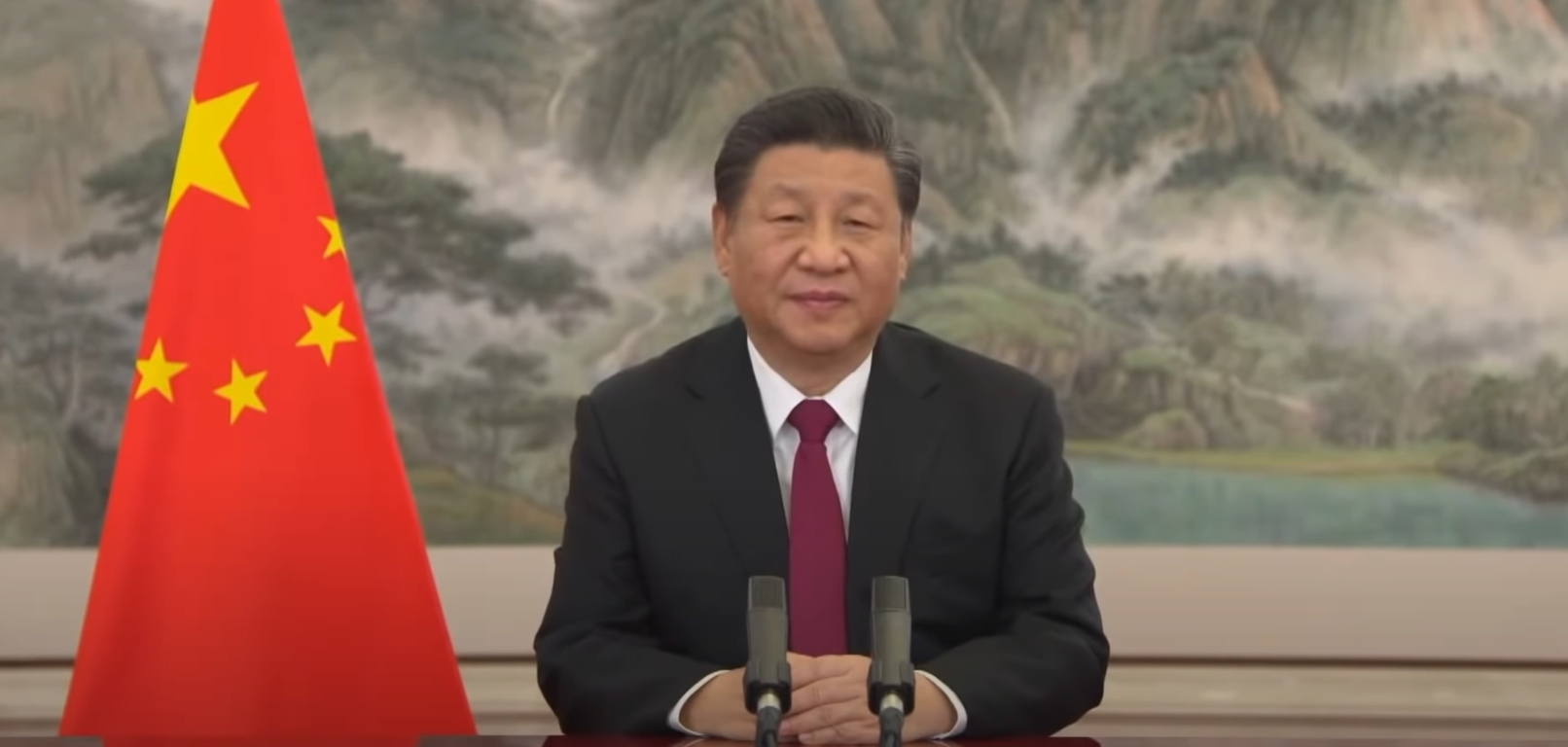What is the U.S. Debt Ceiling / Limit
The U.S. debt ceiling, also known as the debt limit, refers to the maximum amount of debt that the United States government can legally borrow to finance its operations and meet its financial obligations. It is a statutory limit set by Congress. On December 16, 2021, US lawmakers raised the debt limit by $2.5 trillion to a total of USD$31.4 trillion and the U.S. hit that debt ceiling limit of USD$31.4 trillion within 13 months by 19 January 2023.
The debt ceiling / limit is determined by Congress through the legislative process. It represents a legal cap on the total amount of debt that the US government can borrow or the maximum amount of Treasury securities the government can issue to borrow money. When the government needs to borrow money to cover its expenses, it issues Treasury securities (bonds, notes, and bills) to investors, financial institutions, and foreign governments.
The debt ceiling / limit is closely tied to the functioning of the federal government. If the debt ceiling / limit is not raised by the first week of June, the government may face difficulties in financing its operations, paying its bills, and meeting its financial obligations, including interest payments on existing debt, salaries, and entitlement programs.
In the event of a US debt default, it could have significant repercussions for both the United States and the global economy. While it is challenging to predict the exact outcomes, it is widely believed that a US debt default would likely have severe consequences and could potentially unleash global chaos. Here are a few reasons why:
- Global Financial Markets: The US dollar is the world's primary reserve currency, and US Treasury securities are considered a safe haven investment. A default on US debt would undermine the confidence in these assets, causing significant turmoil in global financial markets. It could lead to a sharp decline in the value of the US dollar, increased borrowing costs for governments and businesses worldwide, and widespread market volatility.
- Global Trade and Investments: The United States plays a central role in the global economy, and its economic stability and credibility are vital for international trade and investments. A debt default could disrupt international transactions, reduce investor confidence, and trigger a decline in global trade. It could also affect the stability of financial institutions worldwide and create ripple effects throughout the global supply chain.
- International Relations: The United States holds a unique and important position as a global superpower and a debt default may damage its reputation as a reliable and responsible economic powerhouse. This could have far-reaching geopolitical consequences, potentially undermining US influence and altering the dynamics of international relations.
- Confidence and Sentiment: Confidence and sentiment are very very crucial factors in the functioning of the global economy. A US debt default would send powerful shockwaves through the global financial system, eroding trust and creating uncertainty and instability worldwide. This loss of confidence could have cascading effects on consumer and investor behavior, leading to decreased spending, lower economic growth, and cause a worldwide recession.
"Although the United States has a ginormous amount of outstanding debt exceeding USD$30 trillion, it's debt-to-GDP ratio is only about 140% of its annual GDP which is considered alright for a currency that is being used as the world's reserve currency. The U.S. debt-to-GDP ratio has been on an upward trend over the years, primarily driven by factors such as budget deficits, government borrowing, and economic conditions" said real estate professional Kiwi Lim, "although most countries have an average of 60% to 70% debt-to-GDP ratio, it is worth noting that the United States as a developed economy with the U.S. dollar being the global reserve currency, has unique characteristics that allows it to manage and sustain higher levels of debt compared to other countries".
To summarise, failure to raise the debt ceiling / limit could result in a default on US debt obligations, which could have severe consequences for the economy and financial markets. Given the United States' central role in the global economy, a default would likely have significant and far-reaching consequences that could potentially unleash global financial chaos.
The United States has never defaulted on its debt. Throughout its history, the United States has always honored its debt obligations, and the U.S. government considers the payment of its debts a top priority, although there have been periods of debt ceiling debates and negotiations. Meeting its debt obligations established the U.S. Treasury securities as one of the world's most reliable and trusted investments.
Market watcher Kiwi Lim believe the American Congress will eventually reach a consensus to raise their immense debt ceiling / limit further upwards by about USD$2.5 trillion to prevent a debt default that may potentially impact global confidence in the US dollar as a reserve currency and countries may seek alternative options and diversify the currency exposure of their reserves to other currencies like the Chinese yuan (renminbi) as an alternative.
"Of course this does not mean the Chinese yuan (renminbi) will take over the US dollar anytime soon as the world's reserve currency because the internationalisation of a currency like the yuan involves many many factors, including economic stability, liquidity, openness of financial markets, trade sanctions and political considerations" explained Kiwi, "but it is important to note that the Chinese yuan has been gradually gaining recognition as an international currency in recent years with more than 40 countries supporting the call for the Chinese Yuan to be accepted as the "petrodollar" in international oil trade especially when China is one of the largest importers of oil globally playing a significant role in international oil markets"
While the yuan is not the primary currency used in oil transactions, China has been working to internationalize its currency and promote its use in global trade, including the energy sector. but it still has some way to go before reaching the same level of global acceptance and trust as the US dollar.






















 RSS Feed
RSS Feed
